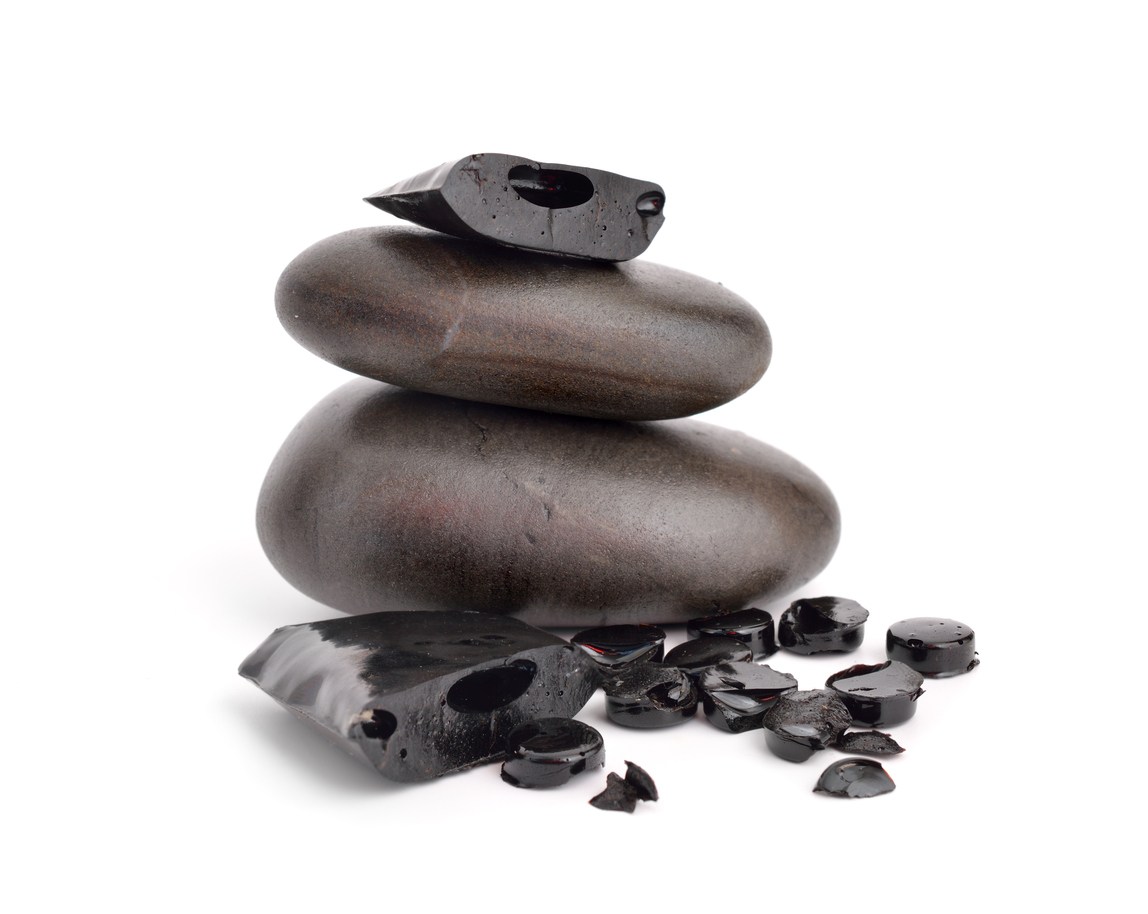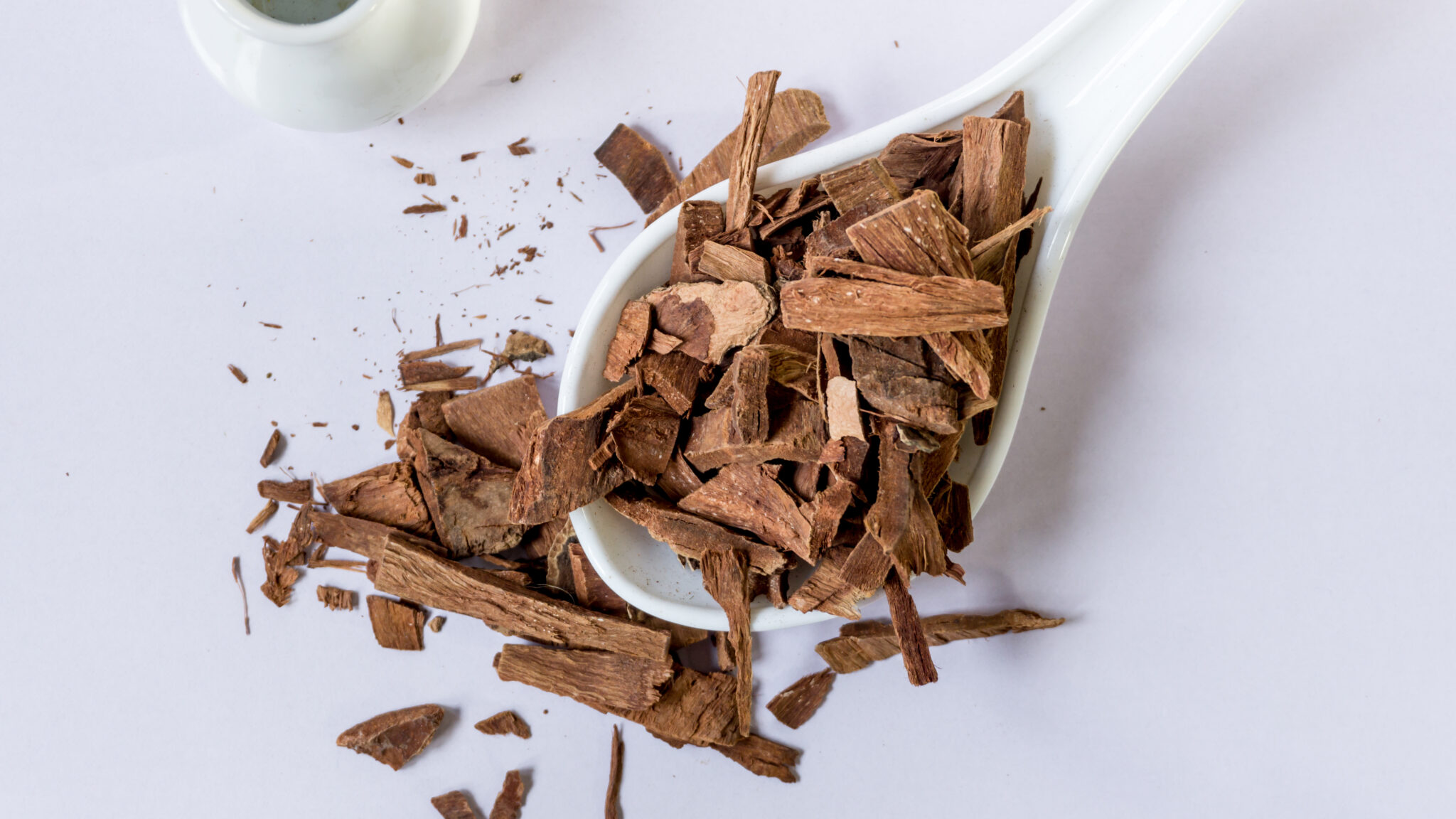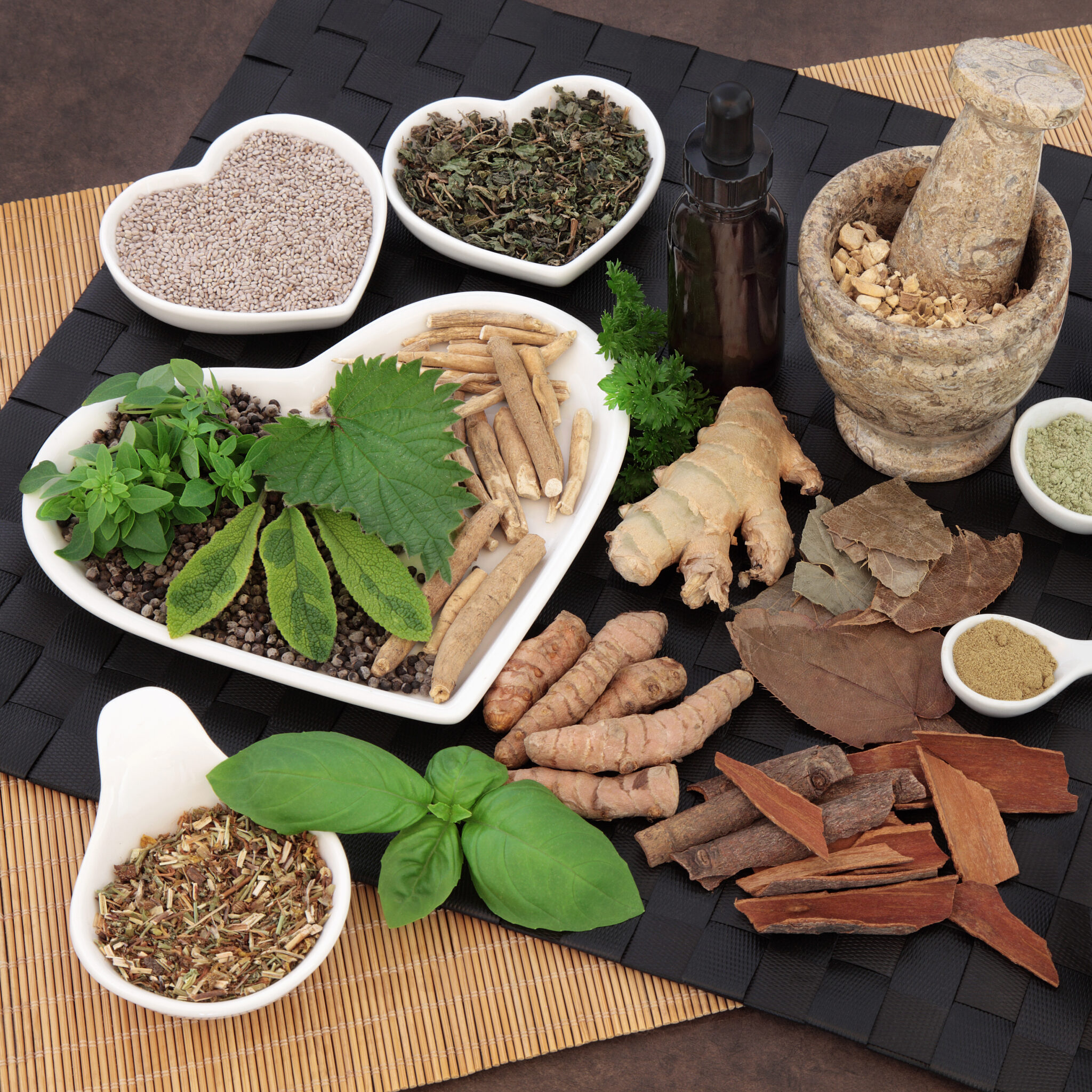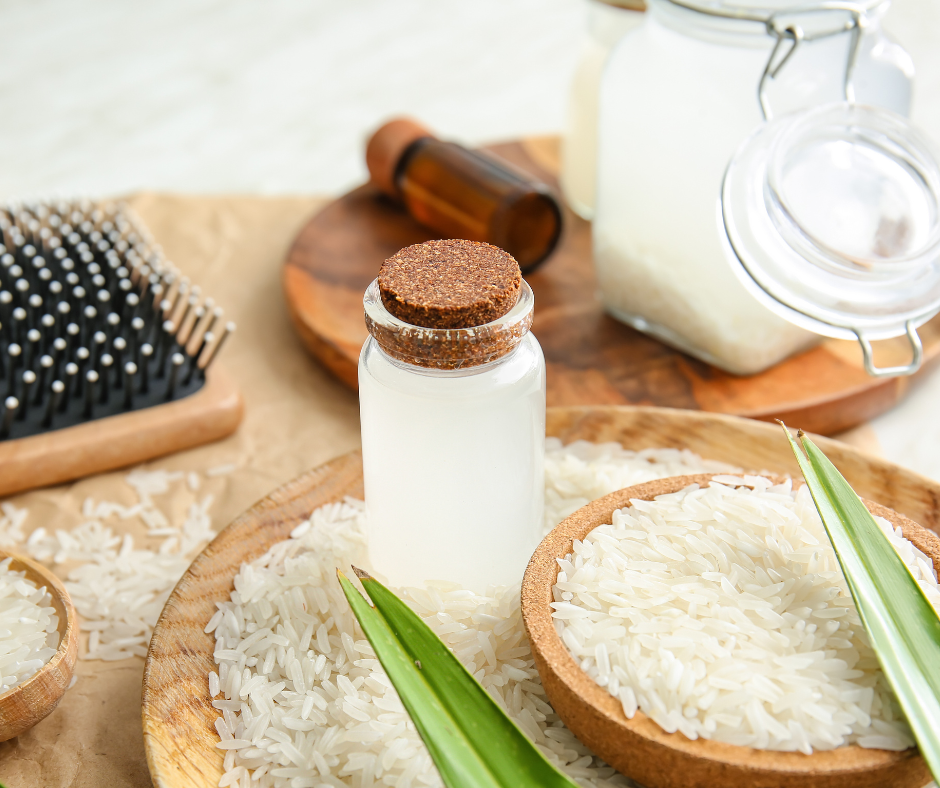
Shilajit is a sticky substance found primarily in the rocks of the Himalayas. It develops over centuries from the slow decomposition of plants. It is hard to look at a black sticky goo like substance and think of all the rejuvenating possibilities of Shilajit. One reason shilajit is such an effective medicinal herb is due to its high fulvic acid content. Fulvic acid has been shown to improving gut health, keep skin healthy and regulate hormones. So, before writing it off for its odd appearance, you should take a read into what it may be able to do for you.
1. Promotes Brain Health.
It has been shown to help with Alzheimer’s disease. Alzheimer’s is a progressive brain disorder that causes problems with memory, behavior, and thinking. Drug treatments are available to improve symptoms of Alzheimer’s. But based on the molecular composition of shilajit, some researchers showed in a study published by The National Institute of Health that shilajit may prevent or slow the progression of Alzheimer’s. (1). The primary component of shilajit is an antioxidant known as fulvic acid. This powerful antioxidant contributes to cognitive health by preventing the accumulation of tau protein. Tau proteins are an important part of your nervous system, but a buildup can trigger brain cell damage. Researchers think that the fulvic acid in shilajit may stop the abnormal buildup of tau protein and reduce inflammation, potentially improving Alzheimer’s symptoms. In addition, shilajit exhibits anti-epileptic properties and potentially antipsychotic effects, as it adjusts GABA levels (a naturally occurring acid in the brain) to normal. (2)
2. Regulates Hormones and Immune System Function
Another important function of shilajit is the way it regulates various body systems, such as your immune system and the balance of hormones. Many researchers agree that it impacts so much of the body because of the way it helps these systems remain in equilibrium (3).
In particular, shilajit affects reproductive hormone functions. Testosterone is a primary male sex hormone, but some men have a lower level than others. In one study of male volunteers between the ages of 45 and 55, half of the participants were given a placebo and half were given a 250 milligram (mg) dose of purified shilajit twice a day. After 90 consecutive days, the study found that participants receiving purified shilajit had a significantly higher testosterone level compared to the placebo group. (4)
When tested in pilot studies involving rats, it was also associated with ovulation in adult female rats, indicating that shilajit powder or resin may be an agent to consider for those struggling with infertility. (5)
3. Improves Chronic Fatigue Syndrome
For thousands of years, Ayurveda Practitioners have prescribed shilajit to boost energy and revitalize the body. Chronic fatigue syndrome, a disorder classified by at least six months of inescapable fatigue, has been successfully treated with shilajit supplementation, also evidenced by the way it enhances mitochondrial function. (6)
It also has strong antioxidant properties. By fighting disease-causing free radicals, it repairs internal damage to the body caused by chemicals and other dangerous agents you’re exposed to, and it reduces the levels of fat in the blood. (7)
4. Reduces Signs of Aging
Since Shilajit is rich in fulvic acid, a strong antioxidant and anti-inflammatory, it may also protect against free radicals and cellular damage. As a result, regular use of shilajit may contribute to longevity, a slower aging process, and overall better health (8).
According to Dr. Axe, by exercising its antioxidant “muscles,” shilajit has been shown to protect the heart against damage resulting from drug-induced injury. A study published in Cardiovascular Toxicology performed on rats found that subjects given shilajit had less lasting damage visible on the heart. (9)
5. Reduces Iron deficiency anemia
Iron deficiency anemia can result from a low-iron diet, blood loss, or an inability to absorb iron. Symptoms include:
- fatigue
- weakness
- cold hands and feet
- headache
- irregular heartbeat
Shilajit supplements, however, may gradually increase iron levels. A recent study divided 18 rats into three groups of six. Researchers induced anemia in the second and third groups. Rats in the third group received 500 mg of shilajit after 11 days. Researchers collected blood samples from all groups on day 21. The results revealed that rats in the third group had higher levels of hemoglobin, hematocrit, and red blood cells compared to rats in the second group. These are all vital components of your blood. (10)
Shilajit side effects
Although this herb is natural and safe, you shouldn’t consume raw or unprocessed shilajit. Raw shilajit may contain heavy metal ions, free radicals, fungus, and other contaminations that can make you sick. Whether you purchase online or from a natural or health food store, make sure shilajit is purified and ready for use.
Don’t take shilajit if you have sickle cell anemia, hemochromatosis (too much iron in your blood), or thalassemia. It’s possible to be allergic to this supplement. Stop taking shilajit if you develop a rash, increased heart rate, or dizziness.
Shilajit is not right for everyone though – so If you are unsure as to whether Shilajit is good for you, then let’s talk. Click the button below to find a time that works for you so we can chat about what is best for your health.
In health,




